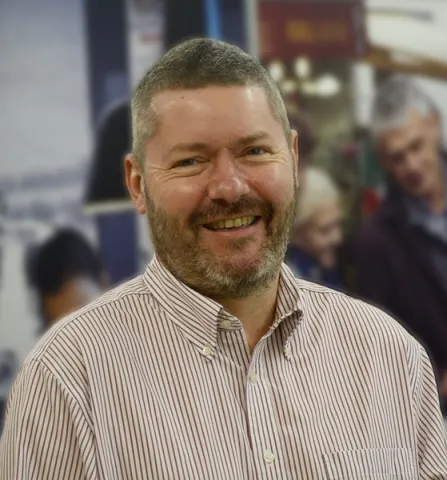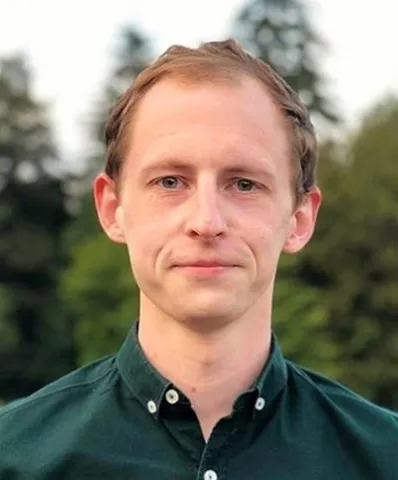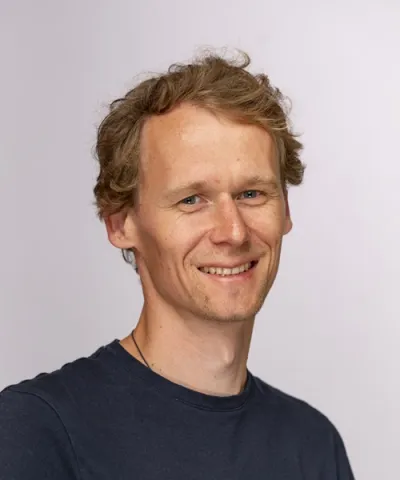About the project
Freshwater lakes are a major source of atmospheric methane (CH4), a potent greenhouse gas. However, the importance of freshwater CH4 cycling in our future warm climate remains unknown. One way to better understand methane cycling in lakes is to assess changes in the past, and this project will focus on methane cycling and impacts on ecosystem community. Project aims will be to reconstruct (1) ecosystem communities through microfossil analyses (e.g. chironomids, Cladocera) from varved lake sediments; (2) methane ebullition by analyzing the stable carbon isotopic composition (δ13C) of chironomids and Cladocera; (3) methane production by analysing the abundance of archaeal lipid biomarkers; (4) methane oxidation through δ13C analysis of bacterial lipid biomarkers (e.g., hopanoids), and (5) bacterial communities that are involved in methane oxidation, via sedimentary ancient DNA (sedaDNA) analyses. This will enable the differentiation between Type I or Type II methanotrophs and will provide additional insights into methane flux (i.e., high vs low). These results can then be compared, enabling us to detect if there is a change in community structure over time (protist and/or primary consumers), and thus our interpretation of the methane cycle in the past as well as considering warmer futures.
For full project details visit the Inspire project page.
Supervisors:
- Professor Pete Langdon (University of Southampton)
- Dr Gordon Inglis (University of Southampton)
- Dr Jessica Whiteside (University of Southampton)
- Dr Jan Janouškovec (University of Southampton)
- Dr Celia Martin-Puertas (Royal Holloway University of London)


